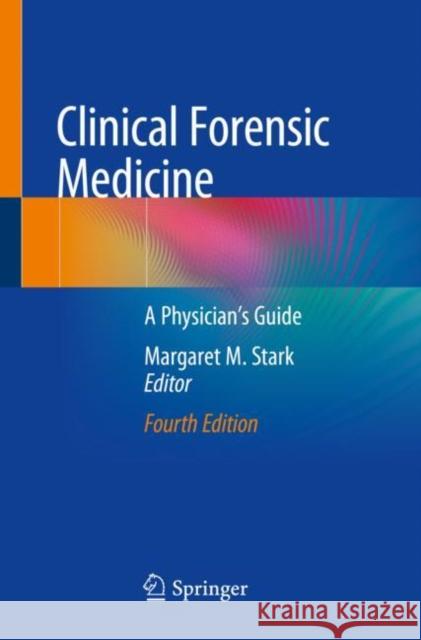Clinical Forensic Medicine: A Physician's Guide » książka
topmenu
Clinical Forensic Medicine: A Physician's Guide
ISBN-13: 9783030294649 / Angielski / Miękka / 2021 / 545 str.
Clinical Forensic Medicine: A Physician's Guide
ISBN-13: 9783030294649 / Angielski / Miękka / 2021 / 545 str.
cena 402,53
(netto: 383,36 VAT: 5%)
Najniższa cena z 30 dni: 327,68
(netto: 383,36 VAT: 5%)
Najniższa cena z 30 dni: 327,68
Termin realizacji zamówienia:
ok. 16-18 dni roboczych.
ok. 16-18 dni roboczych.
Darmowa dostawa!
Kategorie BISAC:
Wydawca:
Springer
Język:
Angielski
ISBN-13:
9783030294649
Rok wydania:
2021
Wydanie:
2020
Ilość stron:
545
Oprawa:
Miękka
Wolumenów:
01











